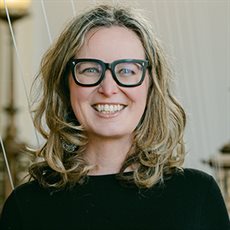 With other colleagues from Birmingham; Dr Meghan Campbell is investigating the effect that private actors have on women’s sexual and reproductive health rights, using the experience of Kenya. In the last 20 years, international organisations (e.g. the IMF, World Bank, WTO and other UN agencies) have fostered reforms aiming at liberalising trade and investment and have emphasised privatising public services. In Kenya, in part due to these policies, multinational corporations are responsible for delivering education and health care.
With other colleagues from Birmingham; Dr Meghan Campbell is investigating the effect that private actors have on women’s sexual and reproductive health rights, using the experience of Kenya. In the last 20 years, international organisations (e.g. the IMF, World Bank, WTO and other UN agencies) have fostered reforms aiming at liberalising trade and investment and have emphasised privatising public services. In Kenya, in part due to these policies, multinational corporations are responsible for delivering education and health care.
However, there are indications that these are undermining women’s sexual and reproductive health rights leading to cost prohibitive user-fees in maternal health care or to private employers administrating maternity benefits in a discriminatory manner. Consequently, Meghan hopes to use Kenya’s experience to identify best practices for women’s sexual and reproductive health rights and draw lessons for Kenya, East Africa and other countries around the world. Finally, she wishes to trigger a debate on the accountability for the human rights impact of international economic and trade policies.